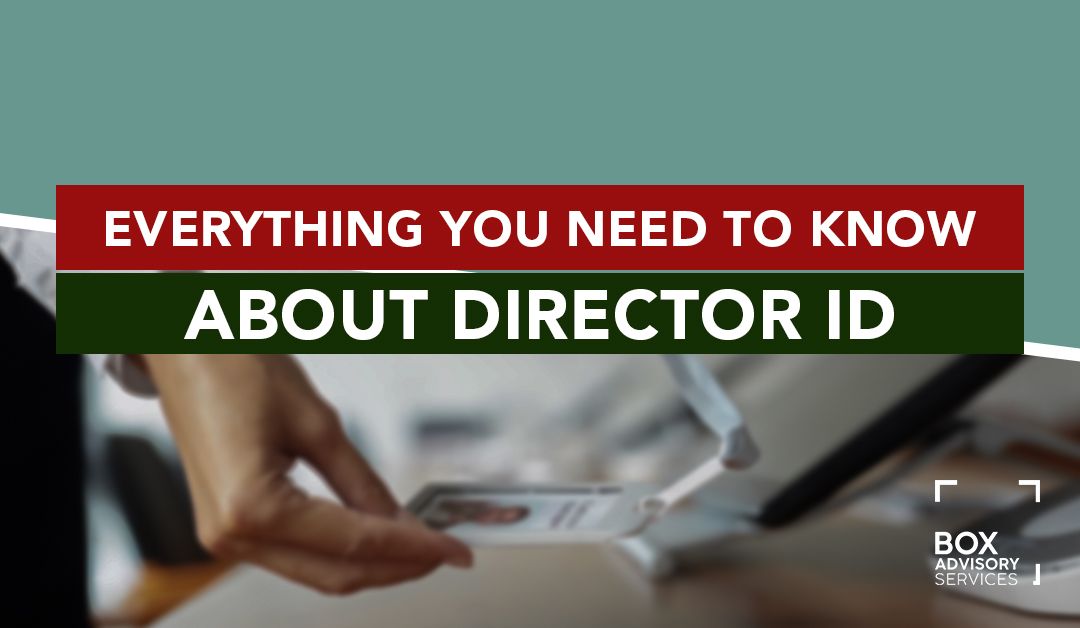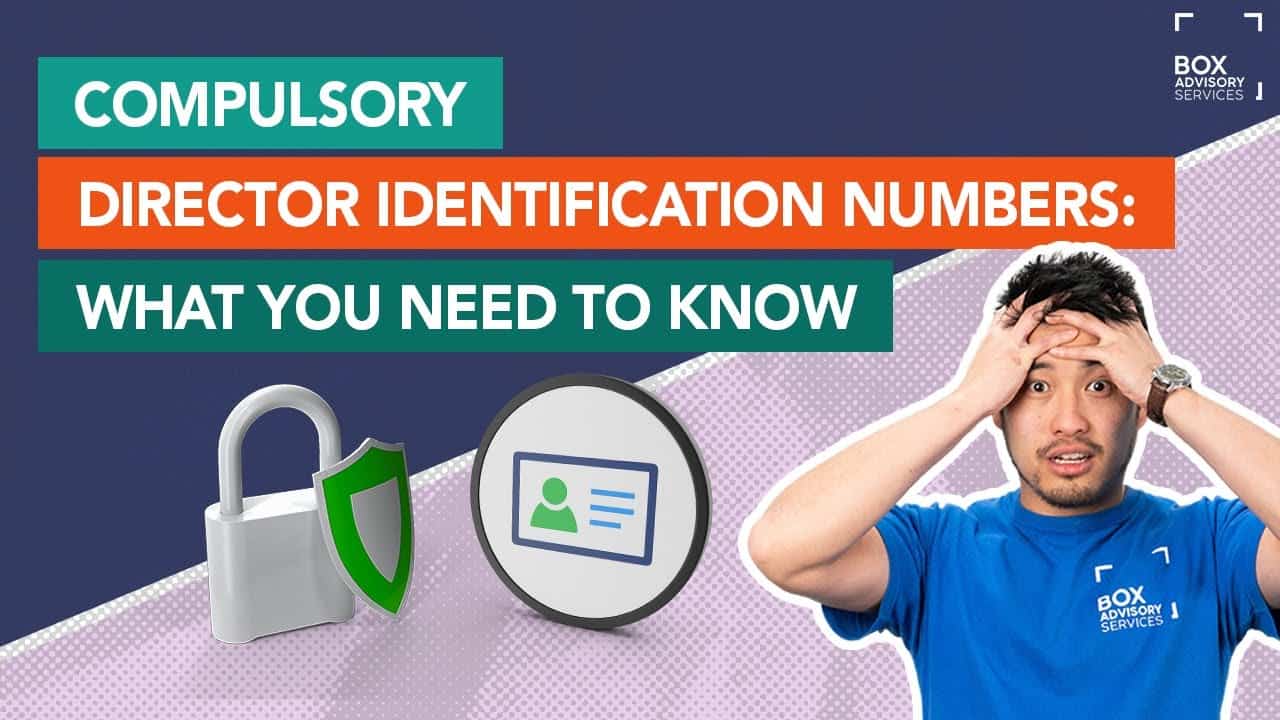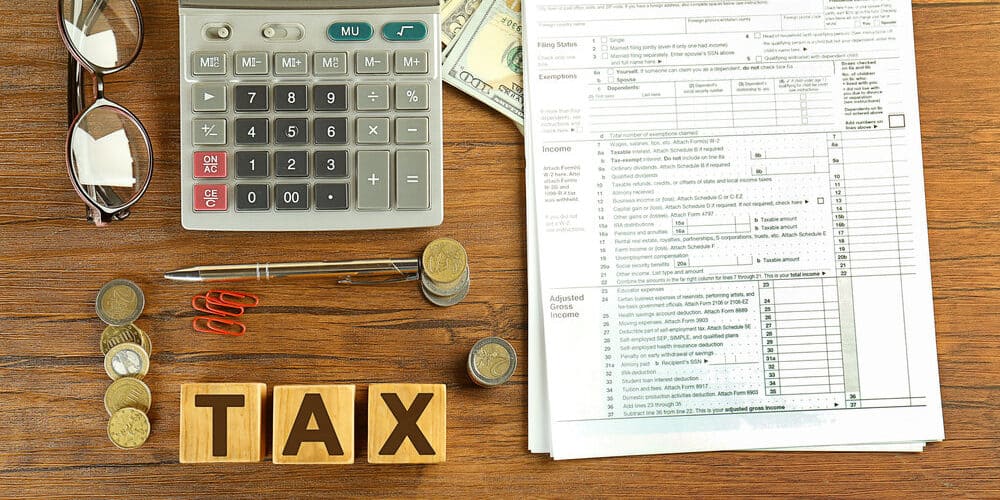
BY
|
Everything You Need To Know About Director ID
In an effort to promote good corporate conduct, tackle illegal phoenix activity and prevent fraudulent director identities, the Australian government has introduced the director identification number initiative as part of their Modernising Business Registers (MBR) Program.
A director identification number (DIN) is a unique 15-digit number that will be given to all directors or persons who intend to become directors.
Once the Australian Business Registry Services has verified a directors identity, they’ll be issued the ID number, and it’ll be used to trace the director’s relationship to a company.
Applications for your Director ID open in November 2021, so it’s worth having a full understanding of who is required to hold a director ID, how to apply for one, the penalties you may face for not applying and how the government intends to use it to curb illegal phoenix activities.
The Director ID and Illegal Phoenixing Activities
The legislation introducing the Director ID requirements was drafted primarily to combat illegal phoenixing activities. Unfortunately, up until now, directors have been able to falsify their company records by using different names, making it difficult to establish whether directors have been involved in phoenix activity.
Briefly, illegal phoenixing is the act of closing a company and transferring its assets to a different company so as to avoid debts and liabilities.
By implementing the DIN scheme, the government hopes to get a hold of these activities and prevent it from happening in the future because they can be detrimental to creditors and employees.
The director ID will be attached to a director permanently, even if they cease to be a director, change their name, or move interstate or overseas.

Who Is Required to Have a Director ID?
All eligible officers of the following entities will need to have a director ID:
- a company (including companies responsible for managed investment schemes and registered charities) under the Corporations Act
- a registered Australian body under the Corporations Act,
- a registered foreign company under the Corporations Act, and
- an Aboriginal and Torres Strait Islander corporation registered under the Corporations (Aboriginal and Torres Strait Islander) Act (CATSI Act).
You’ll be considered an eligible officer if you’re a director of one of these entities or an alternate director acting in that capacity.
Who Doesn’t Need to Apply for an Identification Number?
The following entities and individuals don’t need to apply for a DIN:
- Sole traders and partnerships
- Company secretaries
- External company administrators
- Directors of registered charities with an organisation type that is not registered with ASIC
- An officer of an unincorporated association, cooperative or incorporated association established under state or territory legislation, unless the organisation is also a registered Australian body
- A person that is sometimes referred to as a director but has not been officially appointed.
How Do You Apply for a Director ID?
The process is relatively straightforward, and the application can be completed on the Australian Business Registry Services website.
You’ll need a myGovID to start the application process, and you’ll need to provide:
- Your residential address as held by the ATO
- Your tax file number (TFN)
- Information from two documents to verify your identity.
Examples of the documents you can use to verify your identity include:
- bank account details
- PAYG payment summary
- a dividend statement
- super account details
- an ATO Notice of assessment
- a Centrelink payment summary
Once the application process is complete and you have received your identification number, you must give the details to the people responsible for maintaining the records for the company.
When Do You Have To Apply By?
Directors can start applying for their identification numbers from November 2021 and must do so by the following dates:
Directors under the Corporations Act:
| The date on which you become a director | Application deadline |
| On or before 31 October 2021 | By 30 November 2022 |
| Between 1 November 2021 and 4 April 2022 | Within 28 days of the appointment |
| From 5 April 2022 | Before appointment |
Directors under the Corporations (Aboriginal and Torres Strait Islander) Act
| The date on which you become a director | Application deadline |
| On or before 31 October 2021 | By 30 November 2023 |
| Between 1 November 2021 | Before appointment |
What Are the Penalties For Not Applying for a Director ID
Under the new legislation, directors who don’t apply for their DIN or who provide false and misleading information in their application may face severe penalties. Directors can face criminal or civil penalties of 5,000 penalty units, which currently stands at $1.11 million.
Directors of a CATSI organisation can face penalties of up to $200,000.
Key Takeaways
The Director Identification Number (DIN) is a unique 15-digit number that will eventually be assigned to the relevant directors in Australia. The idea behind implementing the DIN scheme is to help the government prevent illegal phoenixing by ensuring directors can be traced across companies while also preventing the use of false identities.
The application period starts on 1 November 2021, so if you’re an existing director or likely to become one soon, all you need to do is follow the guidelines Australian Business Registry Services website.
Alternatively, if you’re unsure about applying for your Director ID and what it entails, consider engaging the services of a business accountant to help you navigate the process.
At Box Advisory Services, our affordable, fixed-fee accounting packages are designed to cover all of your accounting, tax and CFO needs. In addition, our services are designed to relieve you of all the stresses of small business accounting.
If you have any questions relating to the Director ID scheme or how to apply, book a free consultation with us today.
Disclaimer:
Please note that every effort has been made to ensure that the information provided in this guide is accurate. You should note, however, that the information is intended as a guide only, providing an overview of general information available to property buyers and investors. This guide is not intended to be an exhaustive source of information and should not be seen to constitute legal, tax or investment advice. You should, where necessary, seek your own advice for any legal, tax or investment issues raised in your affairs.




